
Climate Vulnerability Assessment for Latimer Point
This project analyzed the various climate threats facing Latimer Point in Stonington, CT. This assessment consisted of a climate vulnerability report, land use history assessment, and outreach materials for residents of the area.
CLIMATE VULNERABILITY REPORT LAND USE ASSESSMENT
2021
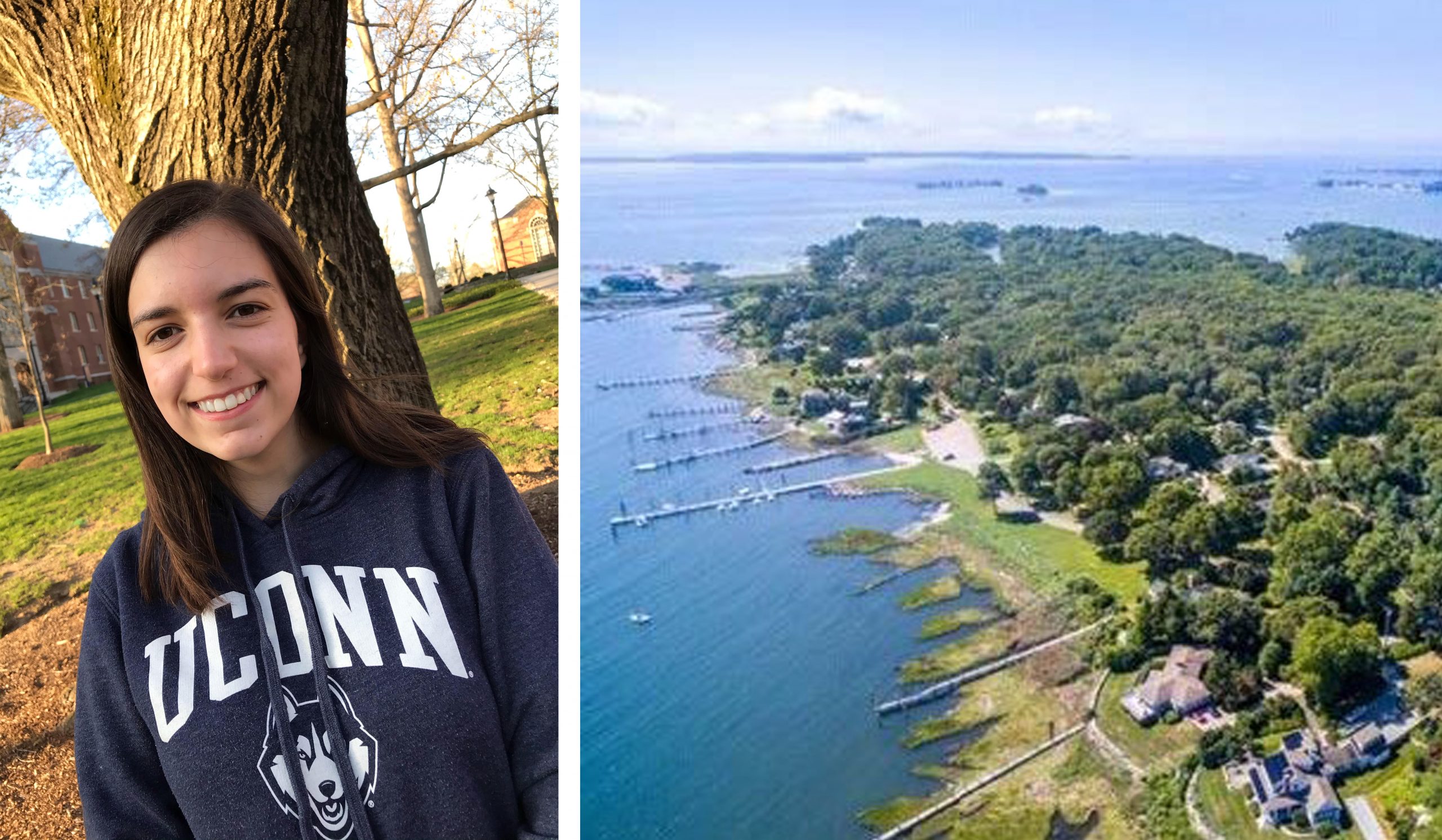
Shoreline Restoration Solutions for Mason’s Island
The Climate Corps worked with the Mason’s Island Association to identify solutions for controlling erosion on a section of the Mason’s Island shoreline. The plan explores potential shoreline resilience solutions as well as their drawbacks and benefits, and determines a potential living shoreline technique that would build up the current shoreline, prevent further erosion, and have positive long-term impacts on the shoreline and nearby ecosystems.

A Carbon Neutrality Path for Stonington
The Climate Corps worked with the town of Stonington, CT to develop a carbon neutrality plan that presents carbon reduction strategies and options that the municipality could act on toward achieving carbon neutrality. The plan recommends direct strategies including ground-mounted solar, rooftop solar, and geothermal heating/cooling systems; and indirect strategies including community engagement, energy efficacy, and electrifying transportation.

The Stonington Lighthouse Museum Resilience Plan
The Climate Corps worked in the town of Stonington, CT to evaluate the impacts of climate change in the area of the Stonington Lighthouse Museum and to project future impacts on accessibility to the museum. The plan identifies potential solutions which include resilient shoreline techniques, implementation of pervious pavement, rock barriers, and structural improvements and reinforcements to the museum building.
2020
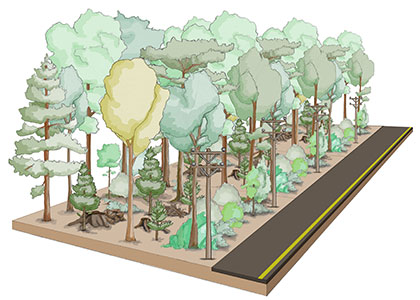
Increasing Climate Resilience: Hoffman Evergreen Preserve
Recommendations for re-growing a healthier and more resilient forest in a 198 acres preserve in Stonington, CT.
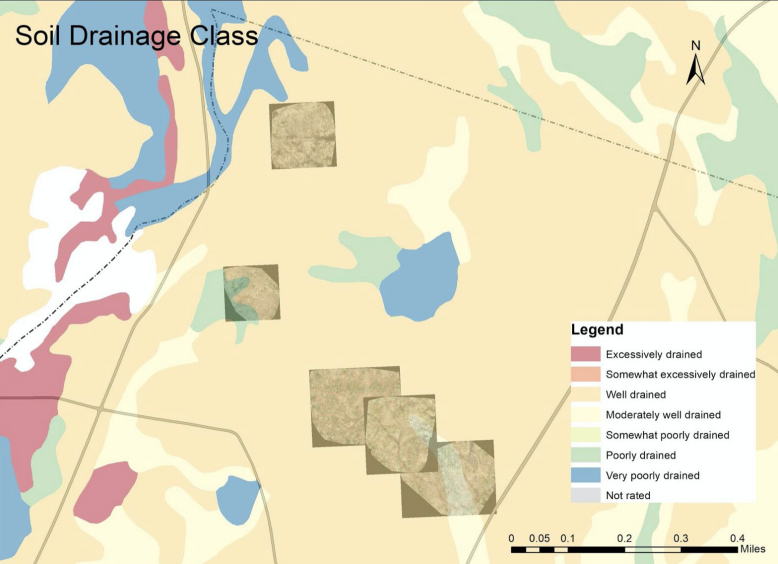
Climate Resilience Plan for the Hoffman Preserve
A detailed planting plan for patch cut areas of a preserve in Stonington, CT.
2019
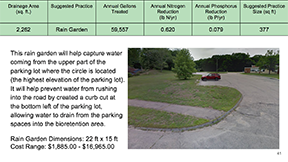
Stonington Runoff Reduction Plan
Another Corps student team worked with the Town of Stonington to conduct a project similar to the Mansfield project, identifying opportunities for the use of LID stormwater practices. The Climate Corps reports identify multiple potential LID sites, chosen using online imagery analysis followed by field assessments.
2018
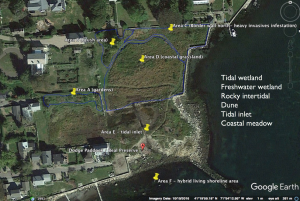
Resilience Management for A Coastal Natural Area in Stonington, CT (Avalonia Land Conservancy)
This project conducted by a one-person team looked at the threats and survival strategies for the Dodge Paddock-Beal Preserve in Stonington, a 3.7 acre nature preserve owned by the Avalonia Land Conservancy, a six-town regional land trust in southeastern Connecticut. Threats from sea level rise, major storm events, stormwater runoff, and marsh migration were analyzed, and recommendations made for adapting to these threats.
For Citation Purposes: Connecticut Sea Grant & University of Connecticut’s Center for Land Use Education and Research. (June 7, 2018). Town of Stonington. https://climate.uconn.edu/climate-corps/projects/town-projects/stonington